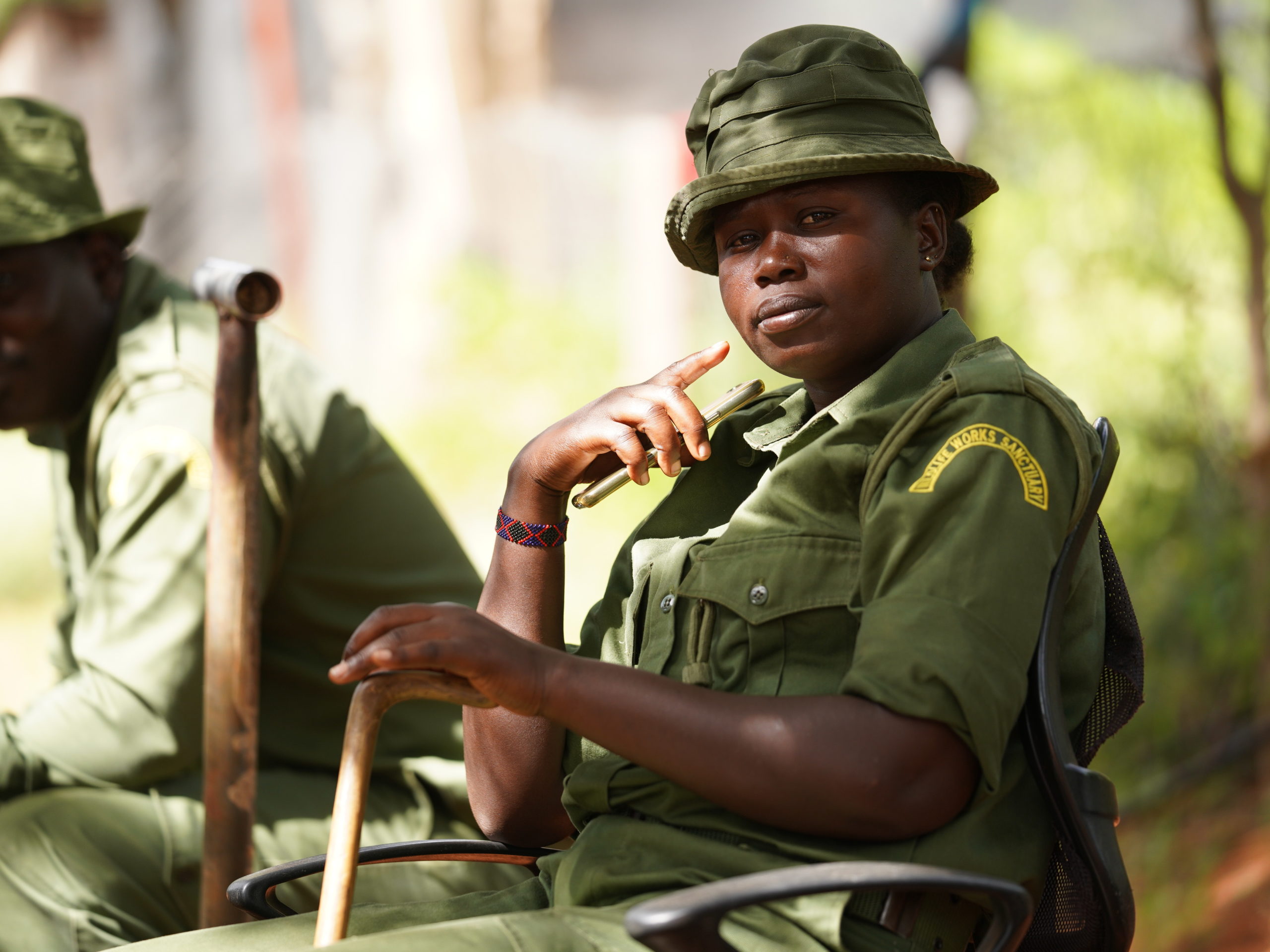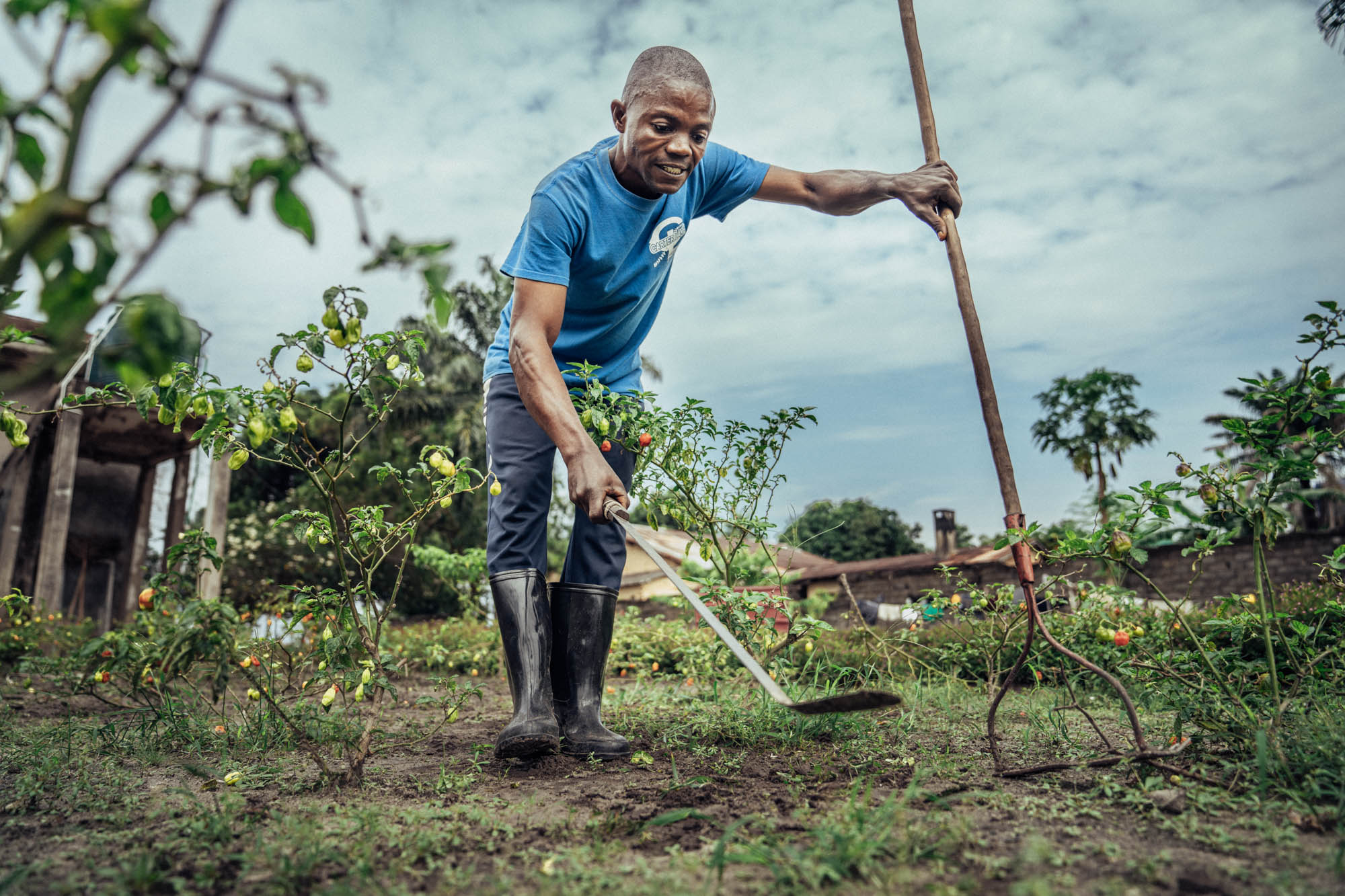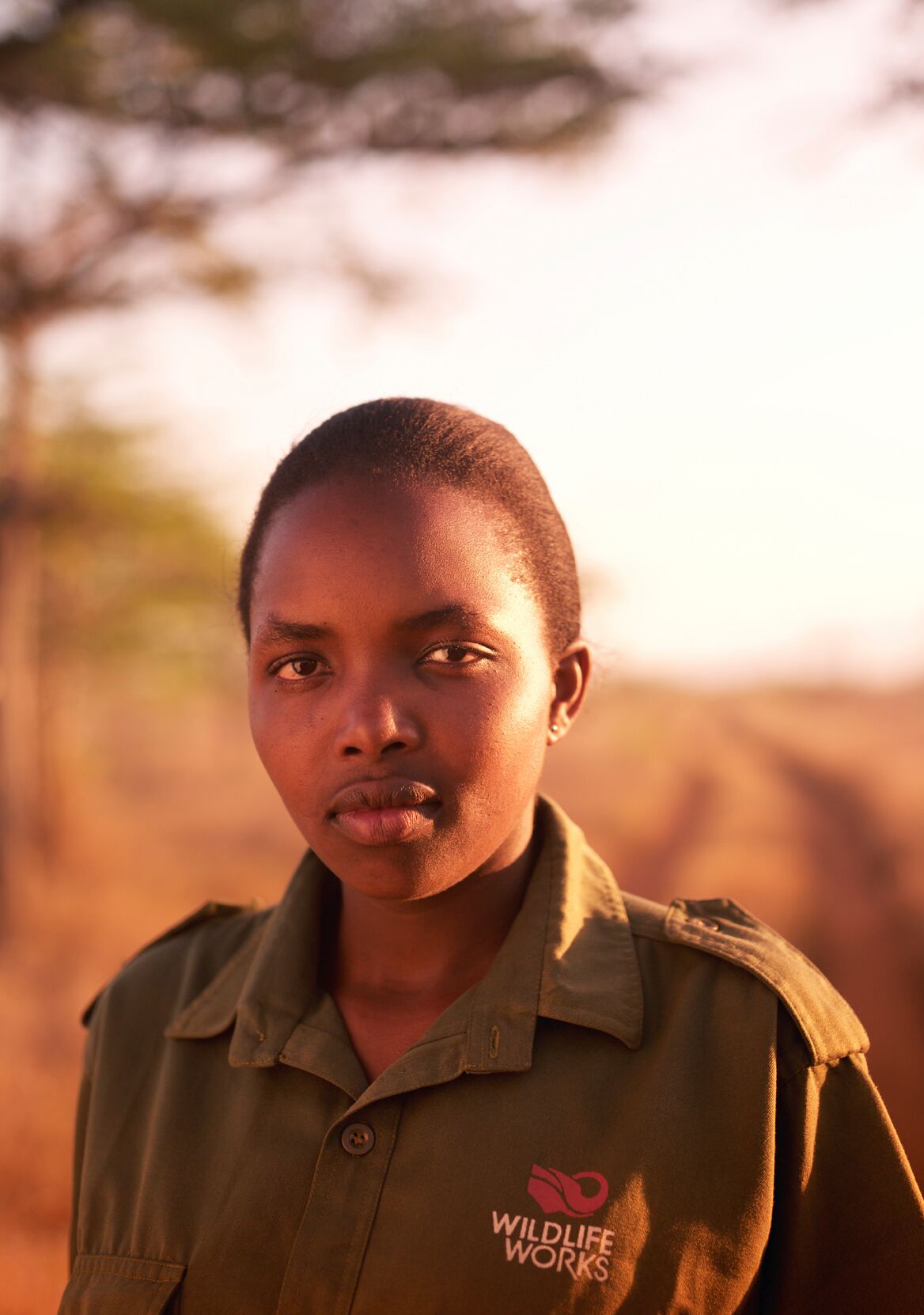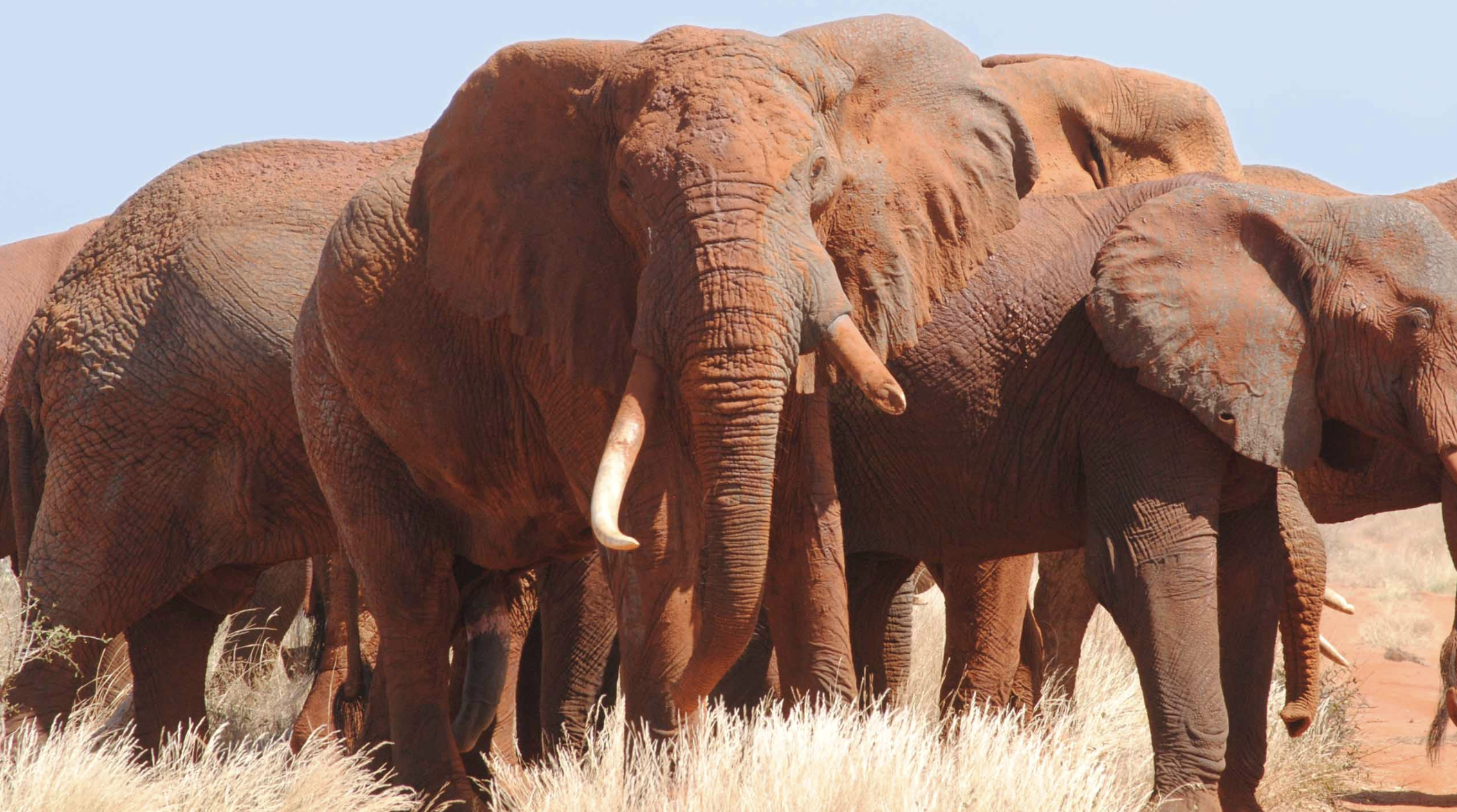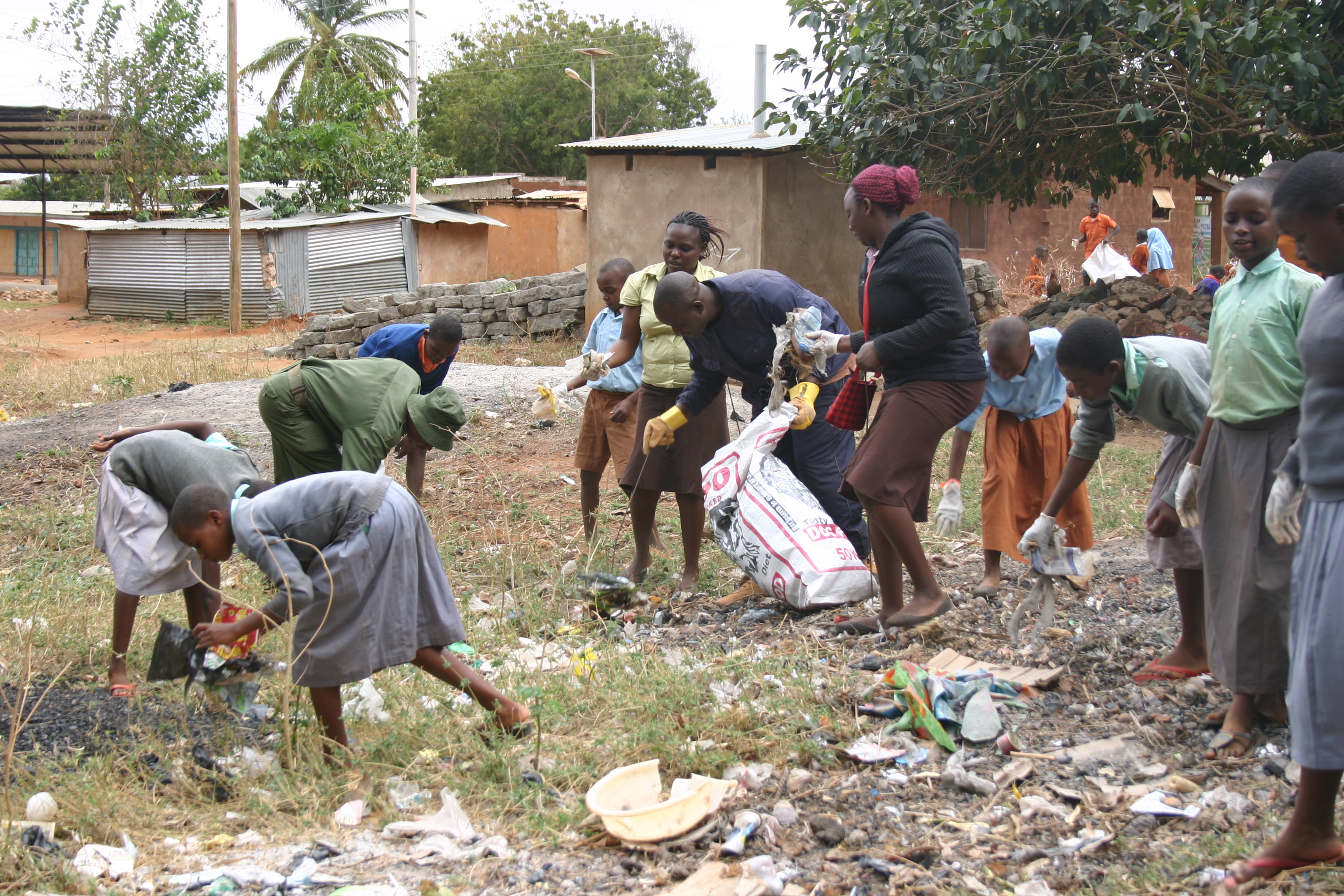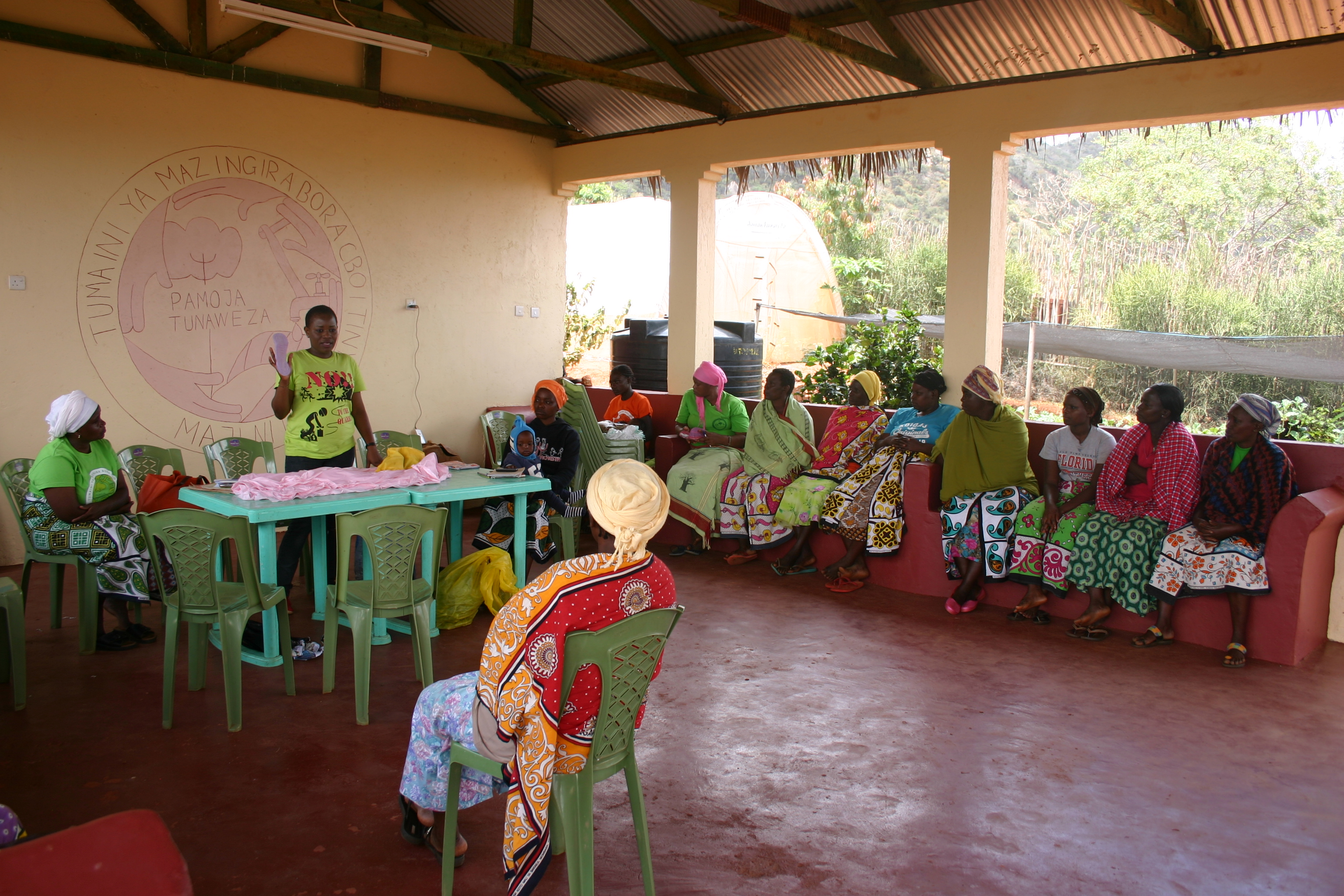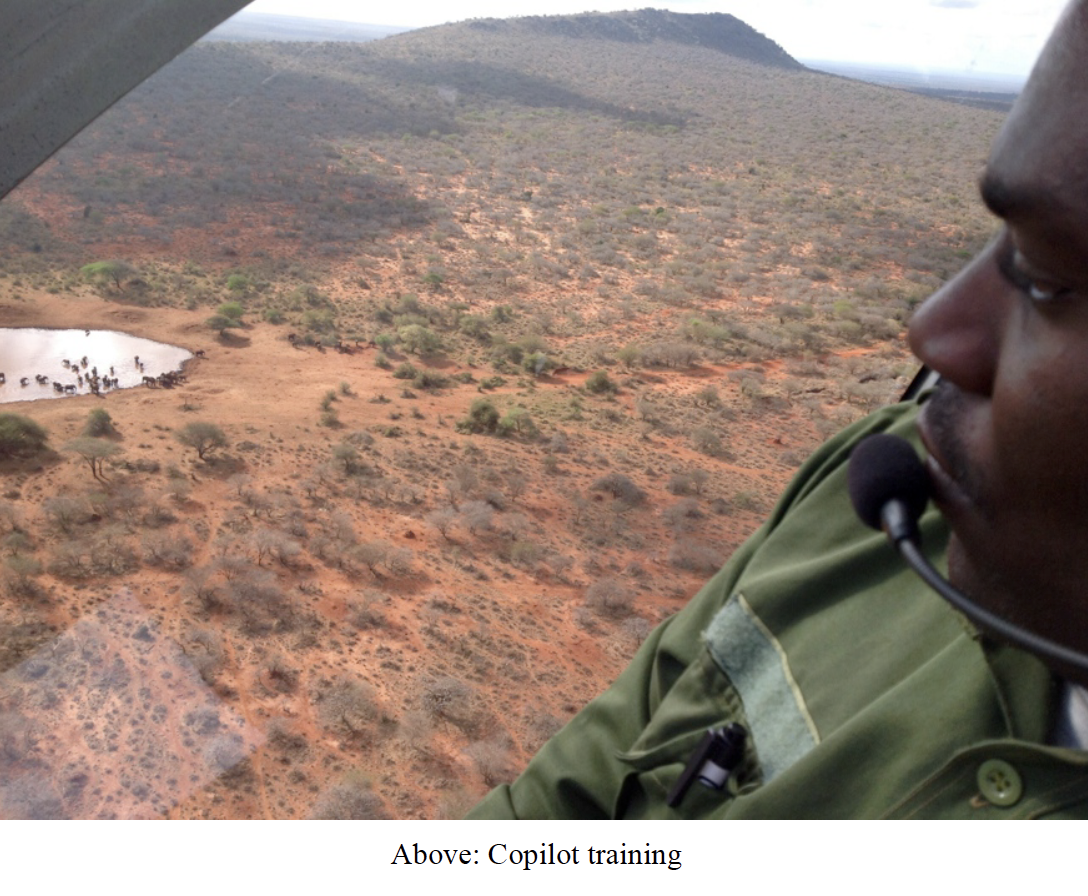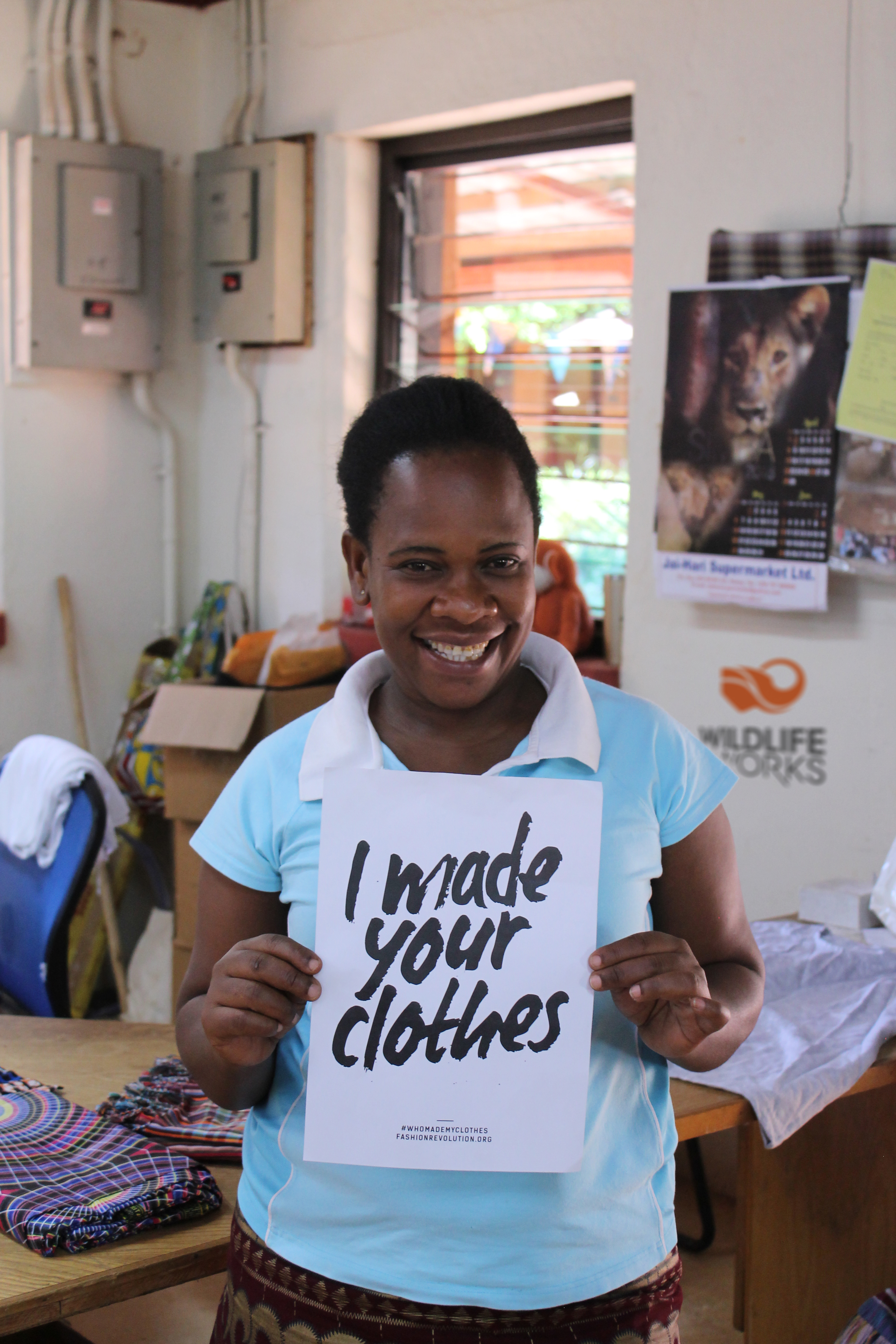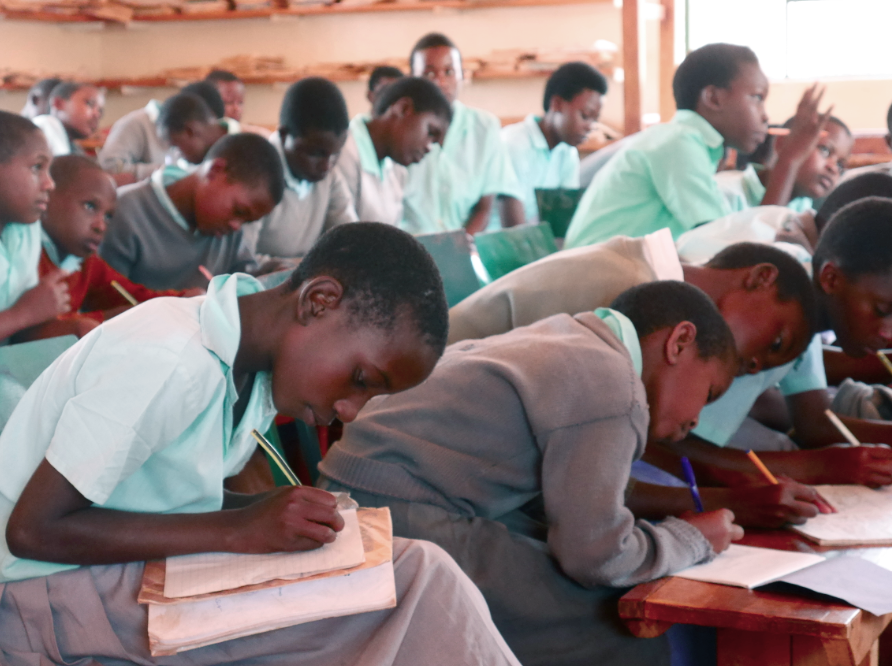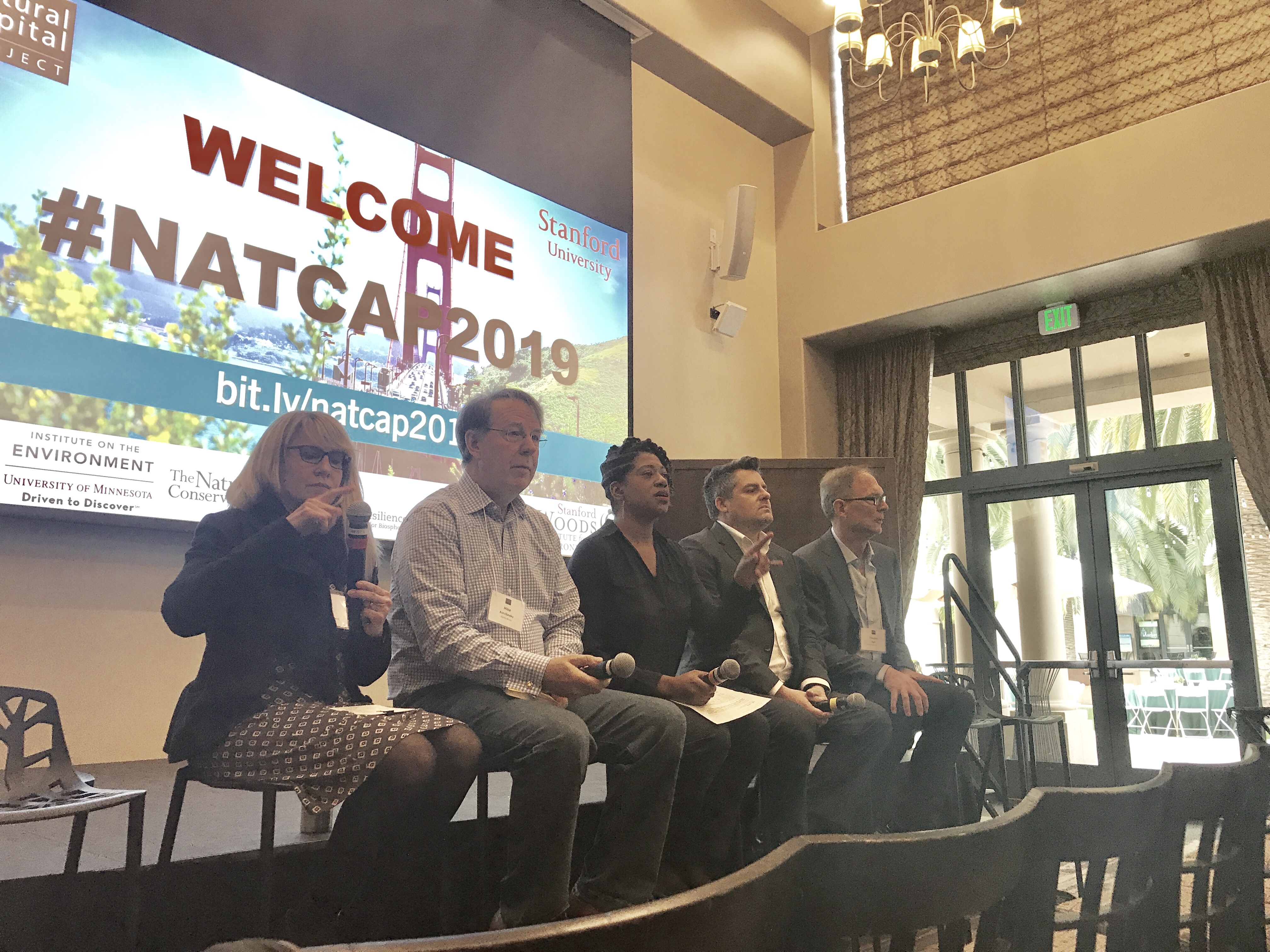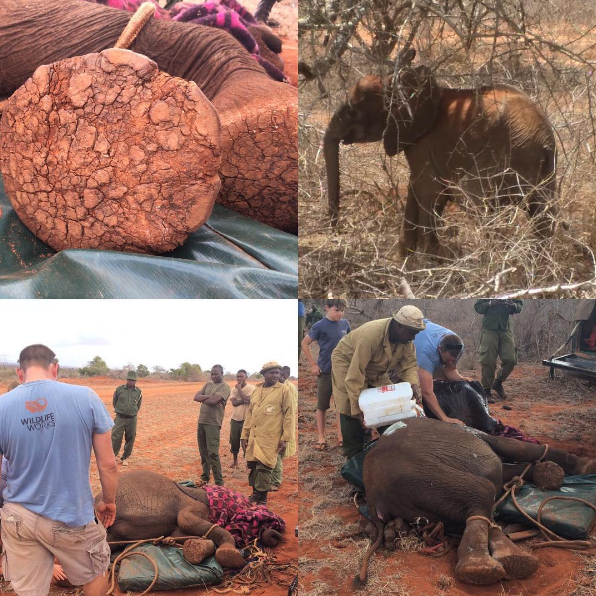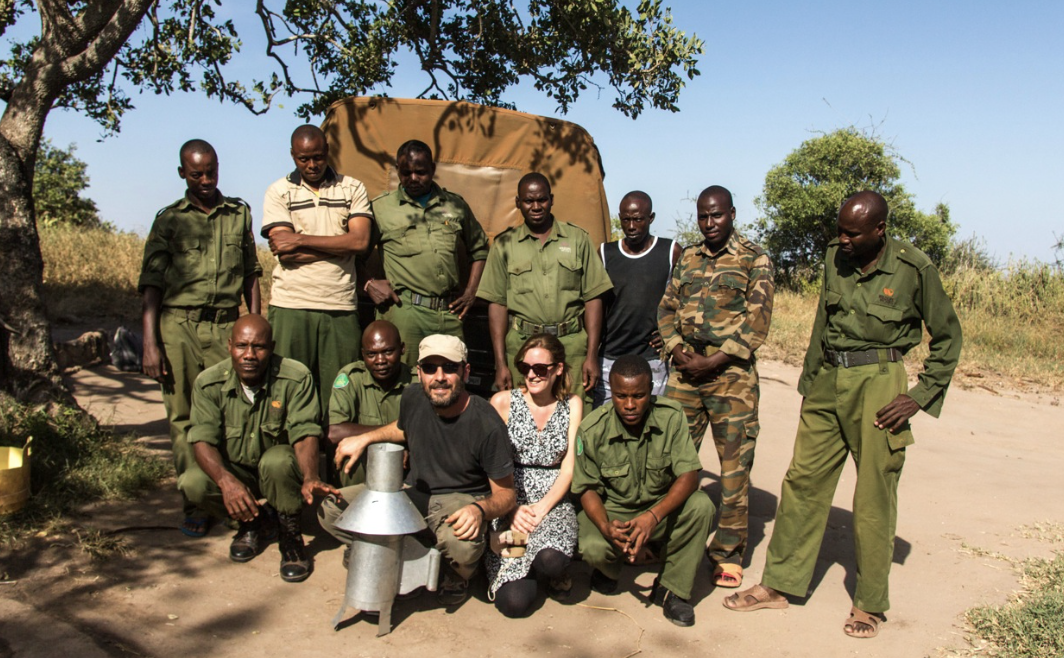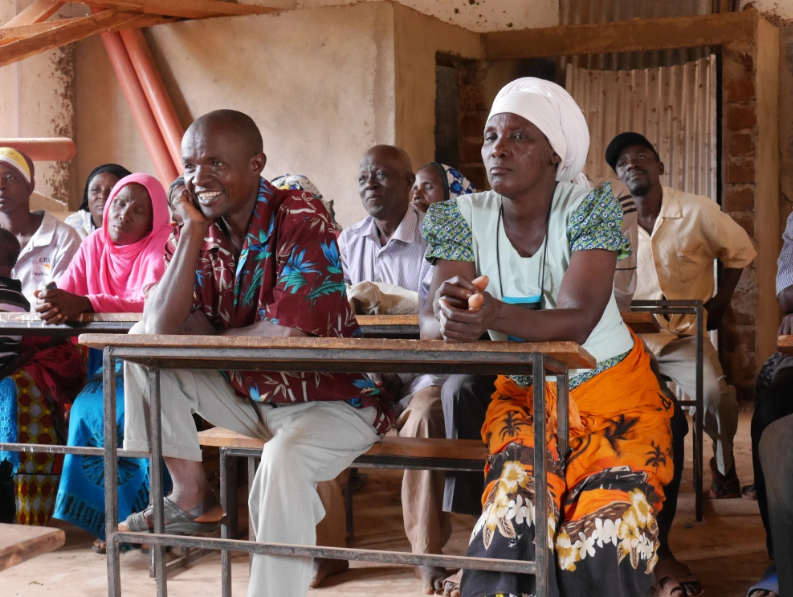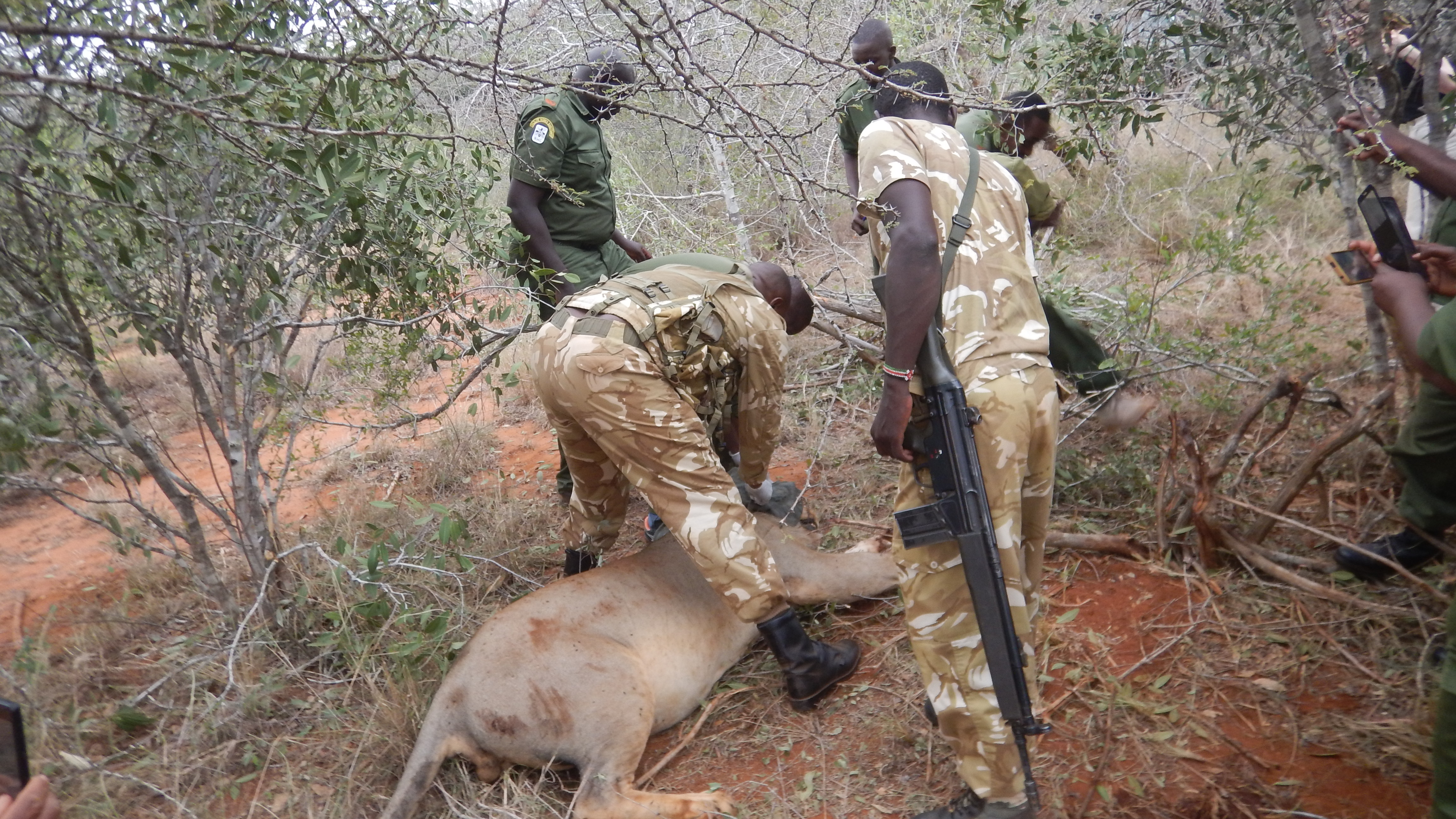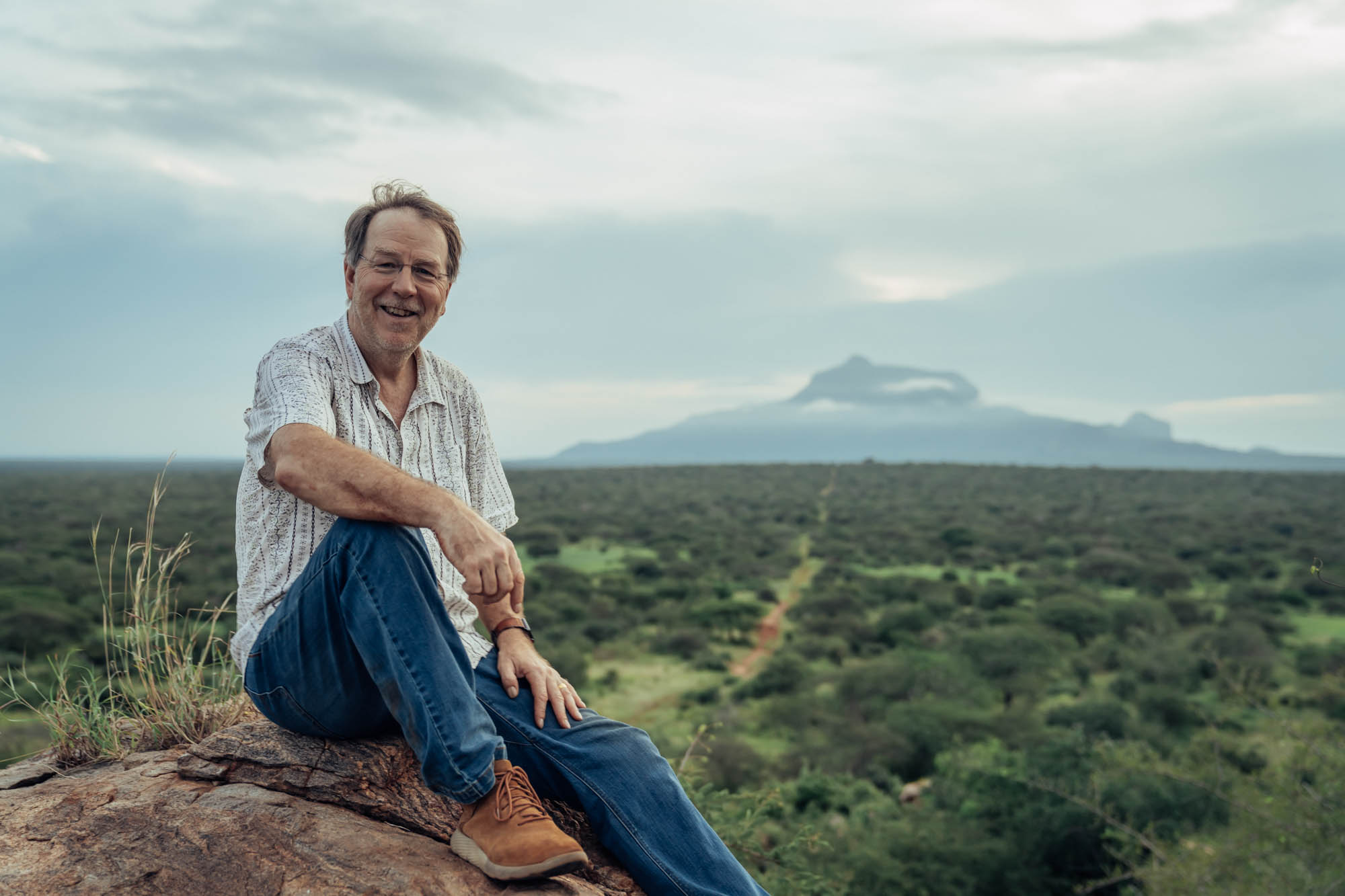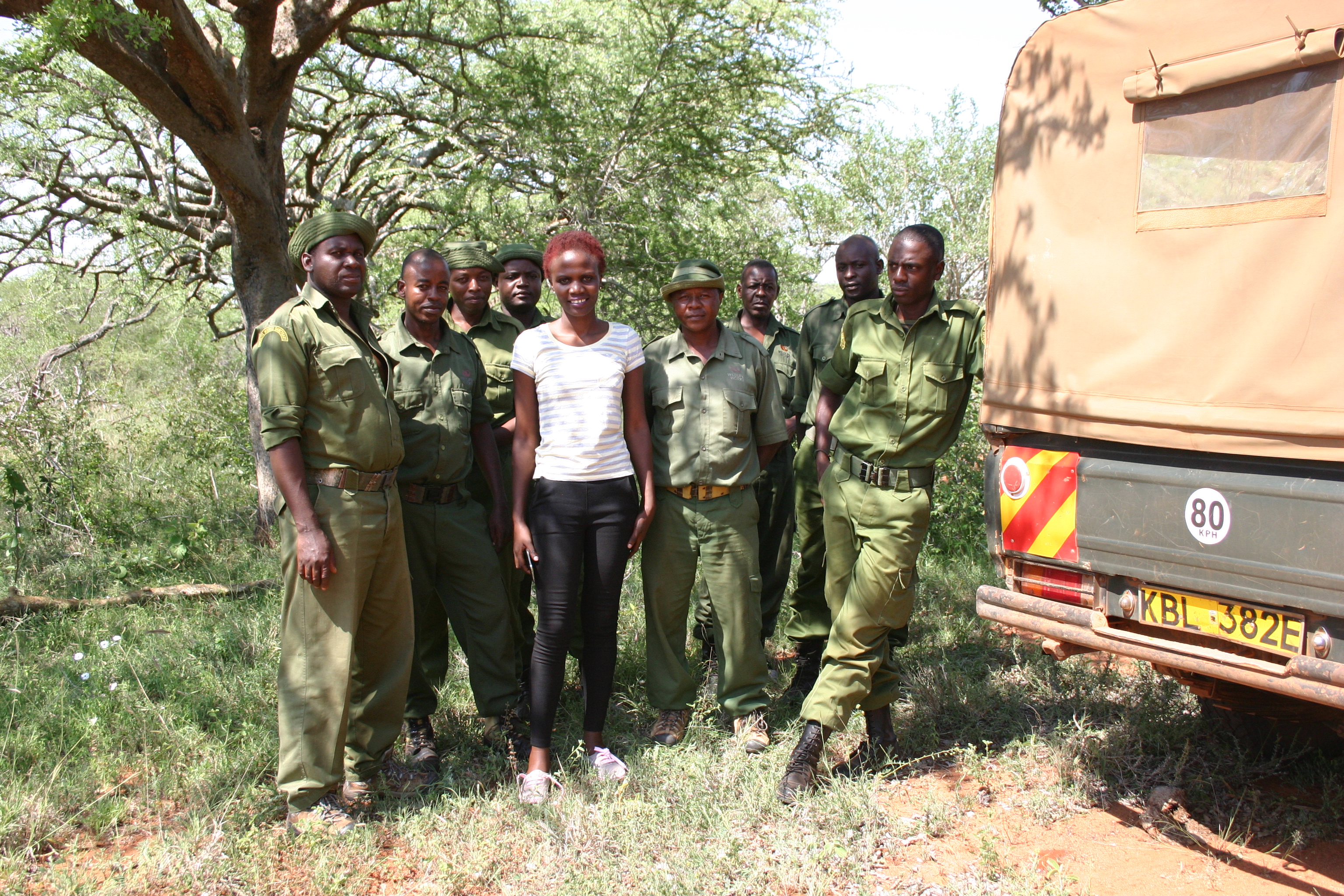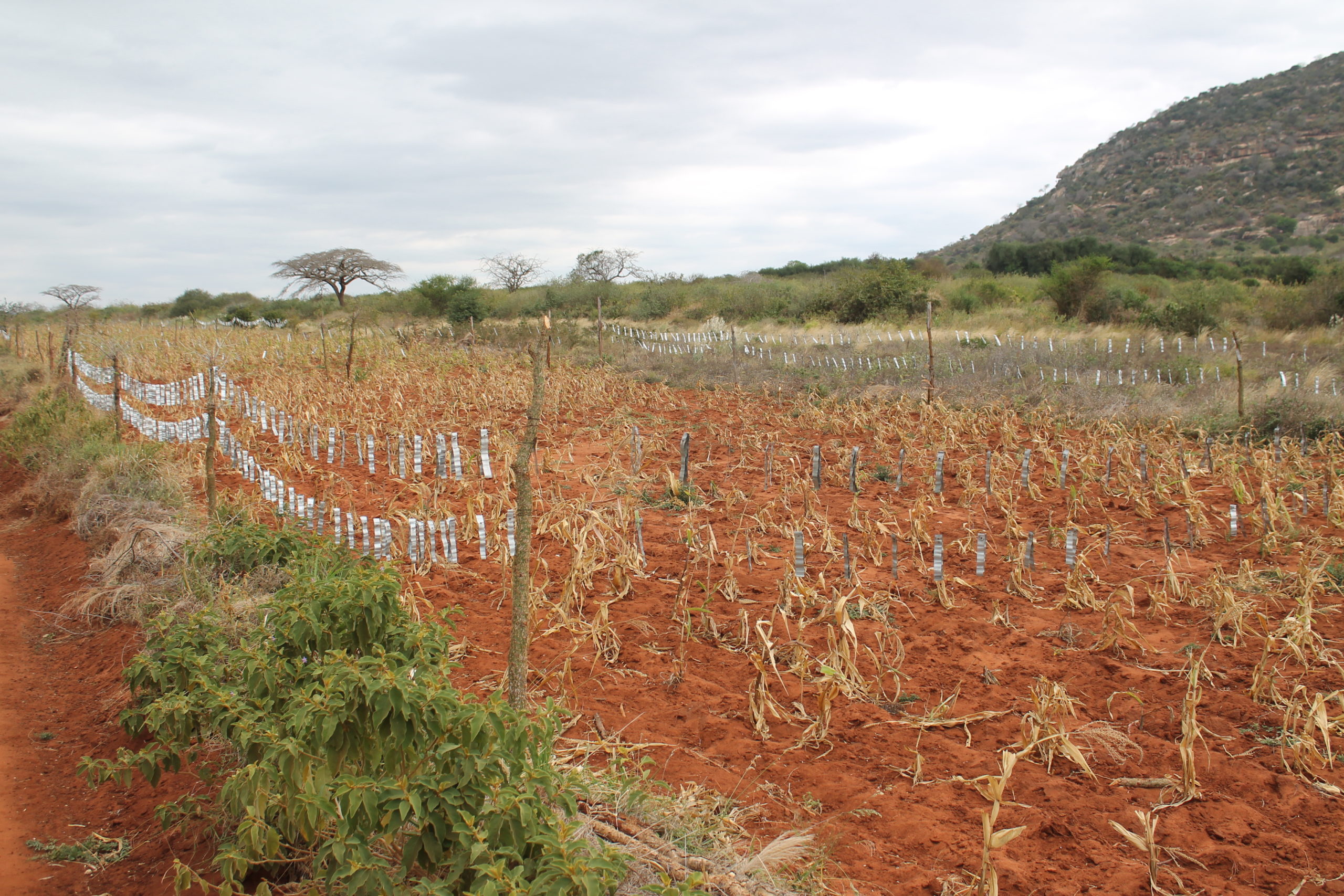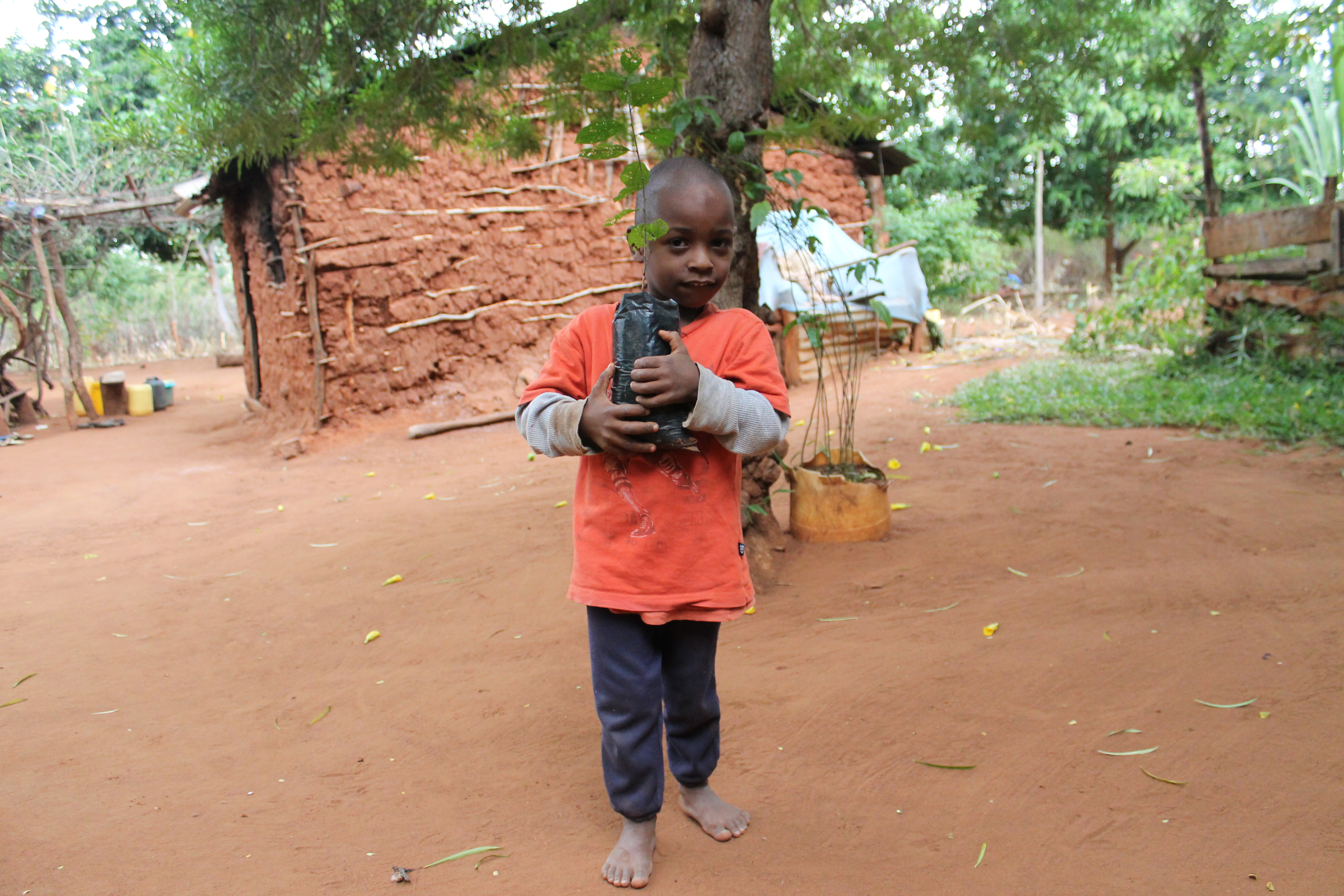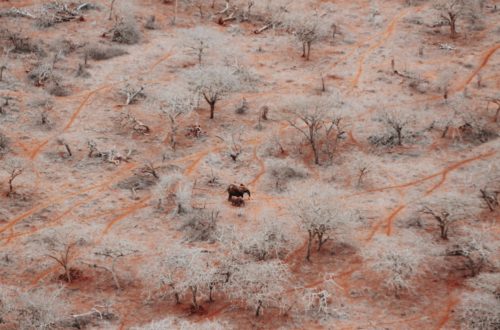-
George of the Jungle: Growing our Tree Seedling and Agriculture Business
“If you put me in an office, it will be the end of me!” is the first thing George Thumbi tells us on a tour of his life. George, a father of three from Central Kenya, was brought up in a family of 10 children on a farm that grew coffee, maize, fruit and other plants. It was here that he developed an interest in agriculture which led him to pursue a Bachelor of Science in Agriculture and Agroforesty at Egerton University, Kenya, among other qualifications such as a Diploma in Sales and Marketing and Business Management. George, who is now in charge of the agribusiness and forestry program at…
-
Wildlife Works to Participate in Cap COP21 Events in Paris
COP21 in December 2015 will be a unique opportunity to bring climate change to the main stage. EcoAct, a partner of Wildlife Works in climate change mitigation, has organized Cap COP21, a unique year-long cycle of conferences and workshops, which aims to foster the emergence of concrete, innovative and collaborative solutions for climate. Wildlife Works is proud to be a speaker and sponsor of these events events. Joseph Mwakima, Wildlife Works Community Relations Officer and resident of the Kasigau Corridor project region, will be speaking at the Climate Innovation Day event on June 23, 2015 during the “Climate Talks” presentations. Joseph spoke on behalf of Wildlife Works at the One Young World Summit last year and…
-
Improving on Education along Kasigau Corridor by Wildlife Works
Education! The key to success in life. The dream begins with the teacher who believes in you, who tugs and pushes to lead you to the next plateau. But for many rural Kenyan children who are fortunate enough to attend school, poor classroom environments threaten the foundation for learning at a basic level. Teachers and students face overcrowding. Many schools have classrooms with over 100 students per session with leaking roofs or poor ventilation. Wildlife Works, through the funds of our REDD+ Project, is trying to change this for as many schools as we can in our project area. Since we founded in 1997, we have been building, renovating classrooms,…
- About, Adventures in REDD+, Biodiversity, Conservation, Democratic Republic of the Congo, Forest Communities, Wildlife
Project Impacts of 2014
Wildlife Works thanks the corporate leaders that contributed to 2014’s success of more than double that of our REDD+ projects in 2013. Here we look back at the impacts on the ground in 2014. Kasigau Corridor REDD+ Project, Kenya Mai Ndombe REDD+ Project, Democratic Republic of the Congo
-
Wildlife Works offsets all player travel for 2014 World Series
Wildlife Works was proud to work with Bonneville Environmental Foundation and Major League Baseball to offset the carbon emissions associated with the travel of all players for the 2014 World Series games! Since travel of players and fans for games accounts for the heaviest portion of the sports industry’s carbon footprint, the MLB has shown significant leadership as they take a important step towards reducing the league’s footprint. Verified Emission Reductions (VERs) from both Wildlife Works Kasigau Corridor REDD+ Project in Kenya and Mai Ndombe REDD+ Project in the Democratic Republic of Congo were used to offset players’ travel emissions to the World Series games.
-
A Letter from Founder & President Mike Korchinsky on Our No-Gun Policy
We’d like to extend a huge thank you to our supporters and the viewers of ‘Ivory Wars’ for their outpouring of support and encouragement following the initial airings of the series set at our Kasigau Corridor REDD+ Project in Kenya. Elephant poaching remains a serious issue, and we’re glad this opportunity has allowed us to more broadly bring to light its devastating affects. Since the initial airing, we’ve received some questions about the no-gun policy for our rangers. In an effort to ensure transparency and clear communication about our diligent efforts to keep our rangers safe, we’d like to share some detail about this policy, which has developed as a…
-
The Efficiency of Carbon Credits: Wildlife Works’ REDD Project Gives Hope to Families in Kasigau
Only someone who has never witnessed first-hand the plight of a developing nation would dispute the effectiveness of carbon credits. According to a report by the UN-REDD Programme, deforestation and degradation of forestlands account for more than 20% of worldwide greenhouse gas emissions, second only to the transport sector. Forest communities that lack an alternative source of income are forced to decimate the surrounding environment and wildlife to make a living. But what if they were empowered to conserve forests instead of destroy them? The Wildlife Works REDD+ Carbon Project in Kasigau, Kenya, exemplifies the role that carbon credits play in combating global warming and ensuring a safer existence for…
-
African Wild Dogs in Rukinga
To effectively protect the wildlife in our project area, the Wildlife Works biodiversity monitoring team and rangers employ several strategies to ensure all species present are safely maintained and to record data for referencing purposes. Some ways used to monitor the wildlife include ranger patrols, road transects and camera traps, which are set by the biodiversity team. Wildlife Works rangers, on the other hand, document data of the wildlife they encounter on the ranches whilst on security patrols. Combined, these methods of supervising the wellbeing of our wildlife, has proven effective at uncovering important information on some of the most rare wildlife in the world. Recently, one of the cameras…
-
African Buffalo Rescue
African buffaloes, which are known to be among the most vicious and ruthless species in the animal kingdom, can be highly unpredictable. While few would risk their lives to get close to one of these beasts, the wildlife rangers at Rukinga Ranch were recently left with little choice when a female African Buffalo was discovered trapped in a water tank. Those who assisted in her rescue assume the unfortunate buffalo was accidently knocked off balance while its herd was drinking from the tank. With help from our team in the office, Wildlife Works rangers agreed that the most effective way to rescue the ill-fated buffalo was to fill the water…
-
Help Save Recently Discovered Rare Mountain Lions in Ethiopia
For the first time, mountain lions have been discovered in the Ethiopia Kafa project area. Kafa, the birthplace of wild arabica coffee, also harbors exciting wildlife, striking landscapes and vibrant cultures. According to the Kafa Coffee Biosphere Reserve, The German Nature and Biodiversity Conservation Union provided the first evidence of lions in the Montane rain and cloud forest. Until now, the African lion had only been documented and photographed outside of the rainforest. The discovery of lions in the Kafa Biosphere Reserve took place as part of the wider conservation work by our REDD partners Nature and Biodiversity Conservation Union, or NABU, in Southwest Ethiopia. The African Mountain Lion is classified as…

